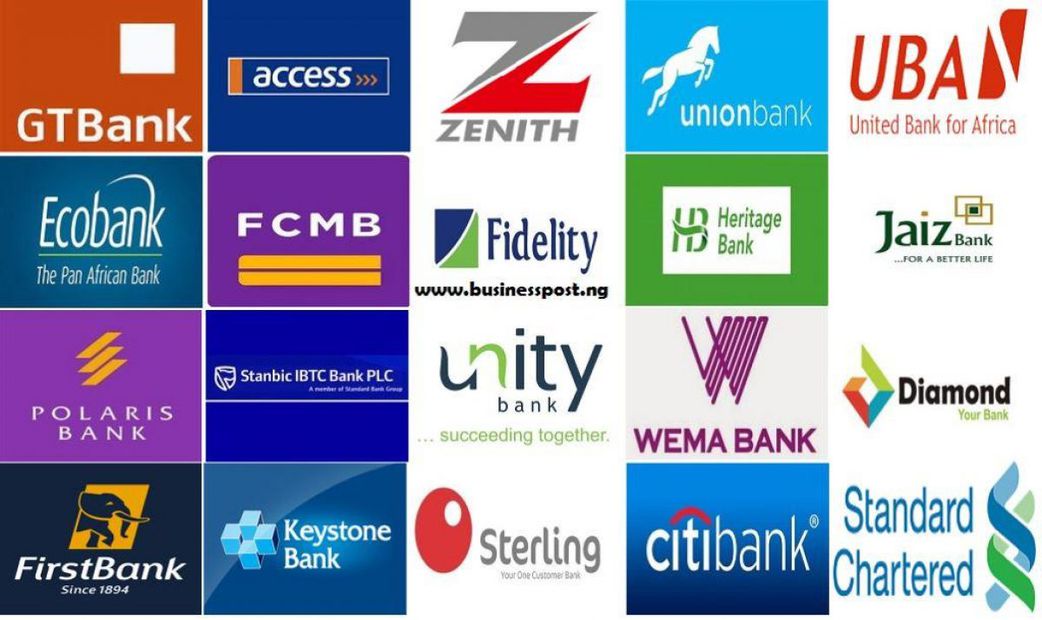Banks don’t just profit from the interest on loans—they quietly earn from your everyday banking activities too. From small deductions to hidden charges, these fees can chip away at your savings over time if you’re not paying attention.
Understanding these hidden bank charges in Nigeria is the first step toward making smarter financial decisions. Here’s a breakdown of common ways banks extract value—and how you can protect your money.
1. Account Maintenance Charges
Many banks charge a monthly or quarterly maintenance fee on both savings and current accounts—often without sending clear notifications. These charges, usually between ₦200 to ₦1,000 per billing cycle, are deducted automatically for basic account upkeep.
Impact: Over a year, this could reduce your balance by thousands of naira with no visible benefit.
How to Avoid It: Choose zero-maintenance or low-fee bank accounts, especially if you don’t use your account often.
2. Interest Rates That Mislead
Banks advertise attractive interest rates on savings, but what you receive is often significantly lower after taxes and deductions. Plus, the bank profits from investing your funds in high-yield opportunities like government bonds or corporate loans, while you earn a fraction.
How to Avoid It: Look for high-interest savings accounts with transparent payout terms and calculate the real net yield before committing.
3. ATM Withdrawal and Balance Inquiry Fees
After exceeding your free ATM withdrawal limit, your bank charges fees for every withdrawal or balance check, especially at other banks’ ATMs. These fees, usually a few hundred naira, can pile up quickly.
Tip: Reduce ATM use by making fewer, larger withdrawals or opting for digital banking tools.
4. Hidden Currency Exchange Margins
If you buy or sell foreign currency through your bank, you’re likely paying a hidden markup of 2–5% over the actual market rate. This spread is rarely disclosed but adds up—especially for large international transactions.
Solution: Use licensed BDCs (Bureau De Change) or transparent fintech platforms offering better exchange rates.
5. Dormancy and Inactivity Fees
Leave an account unused for a few months, and it may be tagged “dormant.” Banks then begin deducting inactivity levies, sometimes until the account hits zero.
What to Do: Either close unused accounts or reactivate dormant ones to stop the silent deductions.
6. Overdraft and Unplanned Debit Penalties
Spending more than what’s in your account triggers penalty fees and interest charges. These may include a flat overdraft fee plus a high interest rate on the negative balance.
Tip: Set up low-balance alerts and avoid auto-debits when funds are insufficient to dodge unnecessary penalties.
7. SMS Alerts and Notification Charges
Every debit or credit transaction may trigger SMS notifications, often charged at ₦10–₦20 per message. With dozens of alerts monthly, you could be losing a significant amount on updates alone.
Quick Fix: Switch to push notifications via your bank’s mobile app or ask for monthly consolidated alerts at no extra cost.
Take Control of Your Finances
Banks are businesses, and understanding how they make money off your routine transactions helps you make better decisions. By being aware of hidden charges, you can:
- Choose the right account type
- Minimize unnecessary banking services
- Negotiate better terms
- Keep more of your money
Make your money work for you—not for the bank.























